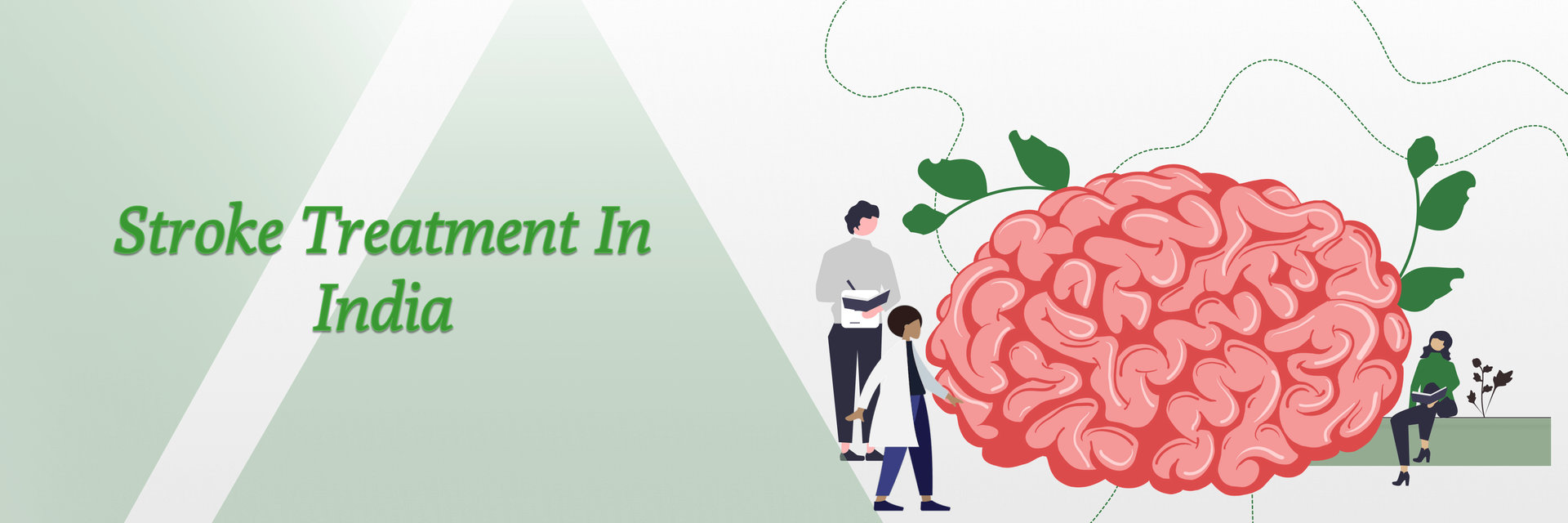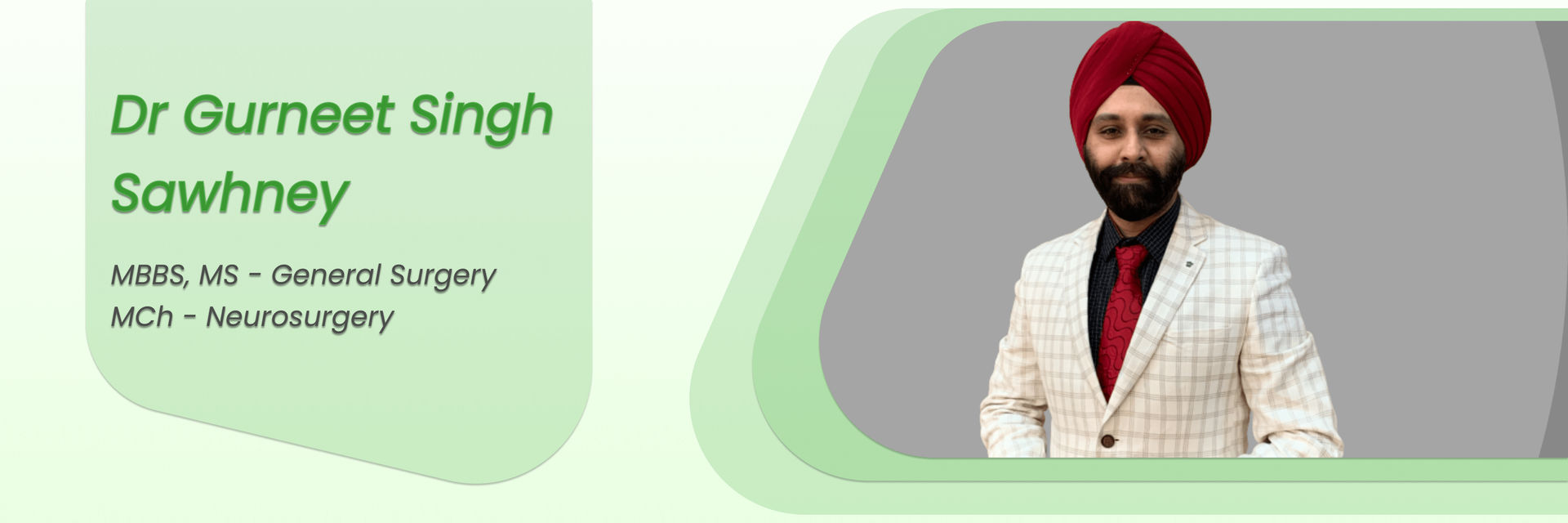Asked for Male | 23 Years
¿Es normal la pérdida persistente de memoria después de una lesión en la cabeza?
Patient's Query
Sufrí una lesión en la cabeza y sufrí una hemorragia interparenquimatosa y después de 2 meses todavía sufro de pérdida de memoria y no recuerdo el incidente que me llevó a esta lesión cerebral.
Answered by El dr Gurneet Sawhney
La pérdida de memoria después de una hemorragia intraparenquimatosa puede ocurrir debido a un daño al cerebro. Entre los síntomas más comunes se encuentran no recordar el accidente que provocó la lesión y tener problemas para recordar acontecimientos recientes o aprender cosas nuevas. Lo mejor que puedes hacer es descansar lo más que puedas y seguir los consejos que te dé tu médico.neurólogo.

Neurocirujano
Questions & Answers on "Neurology" (715)
Related Blogs

10 mejores hospitales en Estambul - Actualizado en 2023
¿Busca el mejor hospital de Estambul? Aquí tiene una lista compacta de los 10 mejores hospitales de Estambul.

Tratamiento del accidente cerebrovascular en la India: soluciones de atención avanzada
Descubra un tratamiento para accidentes cerebrovasculares incomparable en la India. Experimente atención de primera clase, terapias avanzadas y apoyo holístico para una recuperación óptima. Priorice su salud con experiencia reconocida.

Dr. Gurneet Singh Sawhney: neurocirujano y cirujano de columna
Dr. Gurneet Sawhney, un neurocirujano de renombre con diferente reconocimiento en varias publicaciones con más de 18 años de experiencia en el campo y tiene experiencia en diferentes campos de procedimientos quirúrgicos como procedimientos neuroquirúrgicos y de neurotrauma complejos, incluida la cirugía cerebral, la cirugía de tumores cerebrales y la columna vertebral. cirugía, cirugía de epilepsia, cirugía de estimulación cerebral profunda (DBS), tratamiento del Parkinson y tratamiento de convulsiones.

Los últimos tratamientos para la parálisis cerebral: avances
Libere la esperanza con los últimos tratamientos para la parálisis cerebral. Explore terapias y avances innovadores para mejorar la calidad de vida. Obtenga más información hoy.

El mejor tratamiento para la parálisis cerebral del mundo.
Explore opciones integrales de tratamiento de la parálisis cerebral en todo el mundo. Descubra terapias de vanguardia, atención especializada y apoyo compasivo para mejorar la calidad de vida y maximizar el potencial.
Costo de tratamientos relacionados en el país
Principales hospitales de diferentes categorías en el país
Heart Hospitals in India
Cancer Hospitals in India
Neurology Hospitals in India
Orthopedic Hospitals in India
Ent Surgery Hospitals in India
Dermatologyy Hospitals in India
Endocrinologyy Hospitals in India
Gastroenterologyy Hospitals in India
Kidney Transplant Hospitals in India
Cosmetic And Plastic Surgery Hospitals in India
Mejores médicos del país por especialidad
- Home >
- Questions >
- I met with a head injury and suffered inter parenchymal blee...